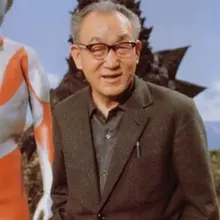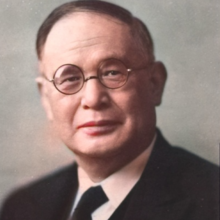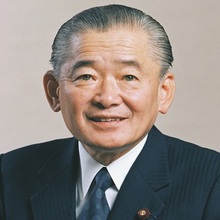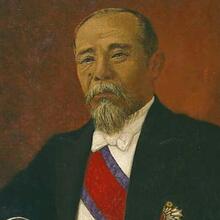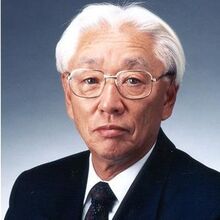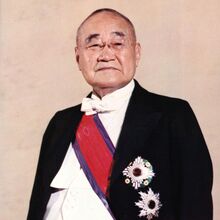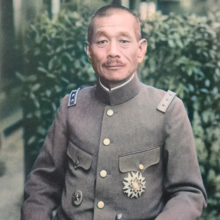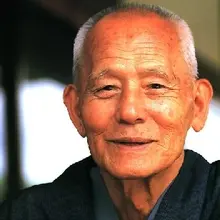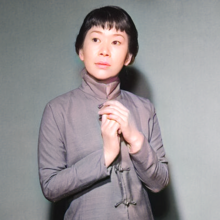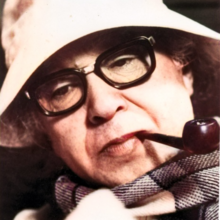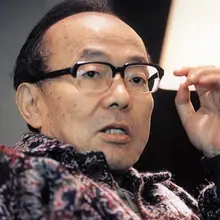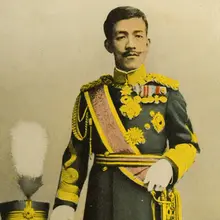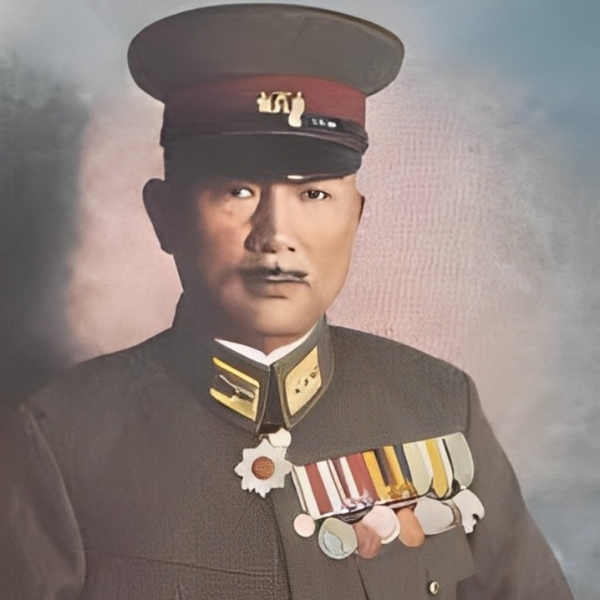
Personal
Other names:
Job / Known for:
Commander of the Japanese garrison at the Battle
Left traces:
His letters and poems from Iwo Jima
Born
Date:
1891-07-07
Location:
JP
Nagano Prefecture, Japan
Died
Date:
1945-03-26 (aged 54)
Resting place:
JP
Death Cause:
Killed in action
Family
Spouse:
Yoshii Kuribayashi
Children:
Taro, Yoko and Takako
Parent(s):
Kuribayashi family
QR Code:
 My QR code:
Tadamichi Kuribayashi
https://DearGone.com/12002
My QR code:
Tadamichi Kuribayashi
https://DearGone.com/12002
Key Ownner:
Not yet supported by key owner
Show More
Rank
Users ranking to :
Thanks, you rate star
Ranking
5.0
1
Fullname
Tadamichi Kuribayashi
Fullname NoEnglish
栗林 忠道
Slogan
Do not give up hope, even if you are surrounded by the enemy.
About me / Bio:
Show More
Article for Tadamichi Kuribayashi
Died profile like Tadamichi Kuribayashi
Comments:
